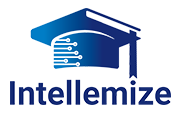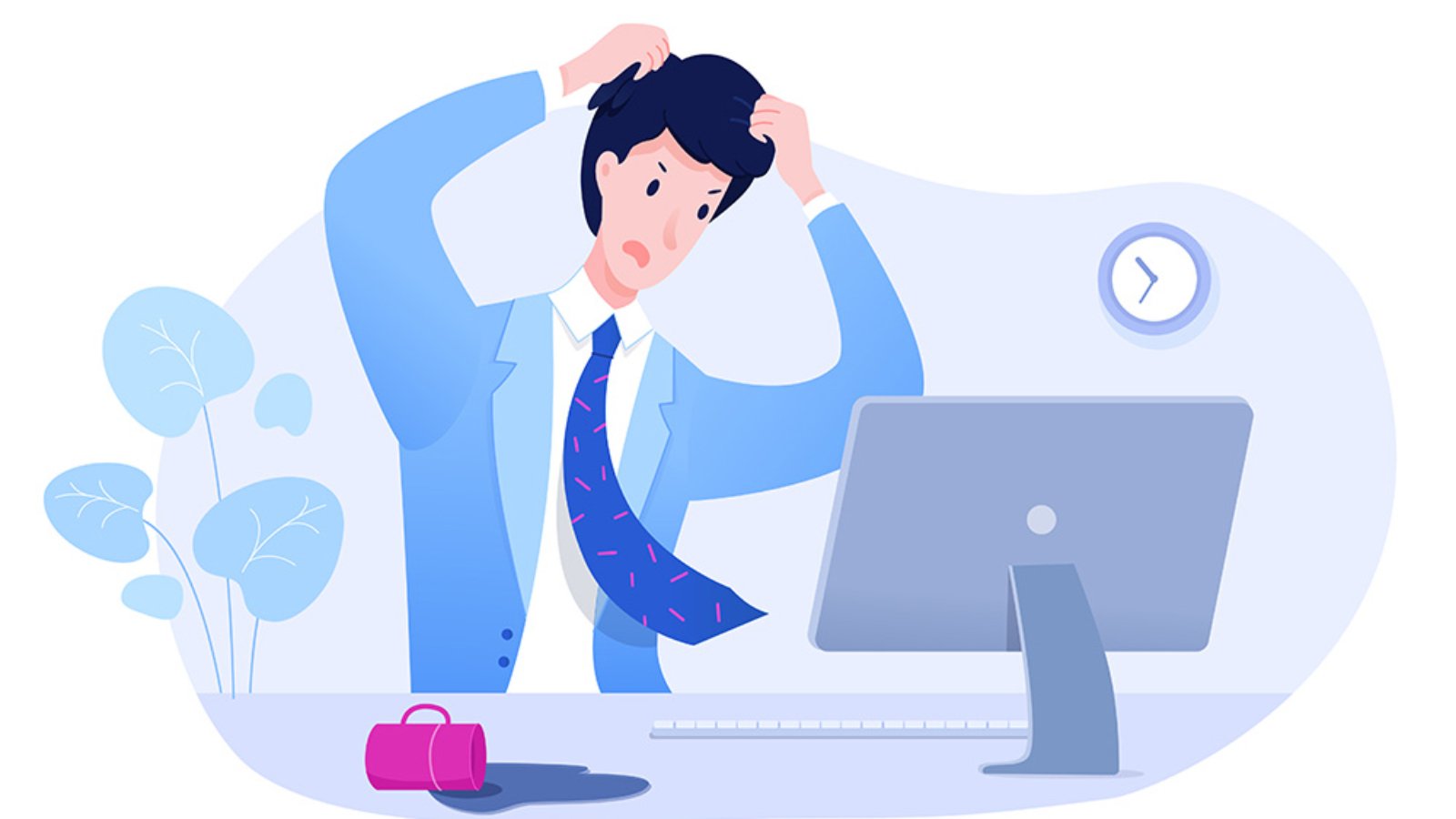Modern technology has transformed how students can track and manage their stress levels while studying. Here’s how you can use technology to improve your academic performance by understanding and controlling your stress.
Understanding Tech-Based Stress Monitoring
Your body gives clear signals when you’re stressed, and today’s wearable devices can detect these signals accurately. The Intellemize app works with common wearables to track key stress indicators like heart rate variability, sleep patterns, and physical activity. This continuous monitoring helps you understand when you’re most focused and when stress might be affecting your learning.
Real-Time Stress Detection
Think of your smartwatch or fitness tracker as a personal stress detective. These devices measure your heart rate patterns throughout the day. When stress levels rise, your heart rate becomes more rigid and less variable. The Intellemize app interprets these signals and alerts you before stress begins to impact your study performance.
Sleep Quality Tracking
Poor sleep and high stress create a harmful cycle that affects your studies. Modern sleep tracking technology measures how long and how well you sleep. The Intellemize app analyzes this data to suggest the best times for studying and when you should rest. It can even predict when you’re likely to experience stress based on your sleep patterns.
Physical Activity Monitoring
Movement patterns tell us a lot about stress levels. Wearable devices track your daily activity, showing when you’ve been sitting too long or need more movement. The app uses this information to recommend short walks or stretching breaks that can significantly reduce study stress.
Personalized Alerts and Recommendations
The power of technology-based monitoring lies in its personalization. The Intellemize app learns your stress patterns and sends timely alerts. For example, if you typically get stressed after two hours of continuous study, the app will remind you to take a break before stress peaks.
Breathing and Meditation Guidance
Many devices now include guided breathing exercises. When the technology detects rising stress levels, it can guide you through quick breathing sessions. These exercises are scientifically proven to lower stress quickly and improve focus.
Data-Driven Study Planning
By collecting data over time, technology helps you plan better study sessions. The Intellemize app shows your best focus times and when you’re most likely to experience stress. This allows you to schedule difficult subjects during your peak performance hours.
Practical Integration
Start by wearing your device consistently to establish your baseline stress levels. Connect it to the Intellemize app and notice the patterns it reveals. Use the app’s suggestions for study timing and breaks. Over time, you’ll notice how different activities affect your stress levels.
Looking Forward
The future of stress monitoring technology is even more promising. New sensors and artificial intelligence will provide even more accurate stress predictions and personalized recommendations. This technology isn’t about replacing traditional stress management – it’s about making it more effective through data and insights.
Remember that technology-based stress monitoring is a tool to help you study smarter, not a replacement for good study habits. Use the insights from your devices to make better decisions about when to study, when to rest, and how to maintain optimal stress levels for learning.
The best results come from combining technology with traditional stress management techniques. Let the data guide you, but also trust your feelings and experiences. With consistent use, technology-based stress monitoring can help you achieve better academic results while maintaining better mental health.

